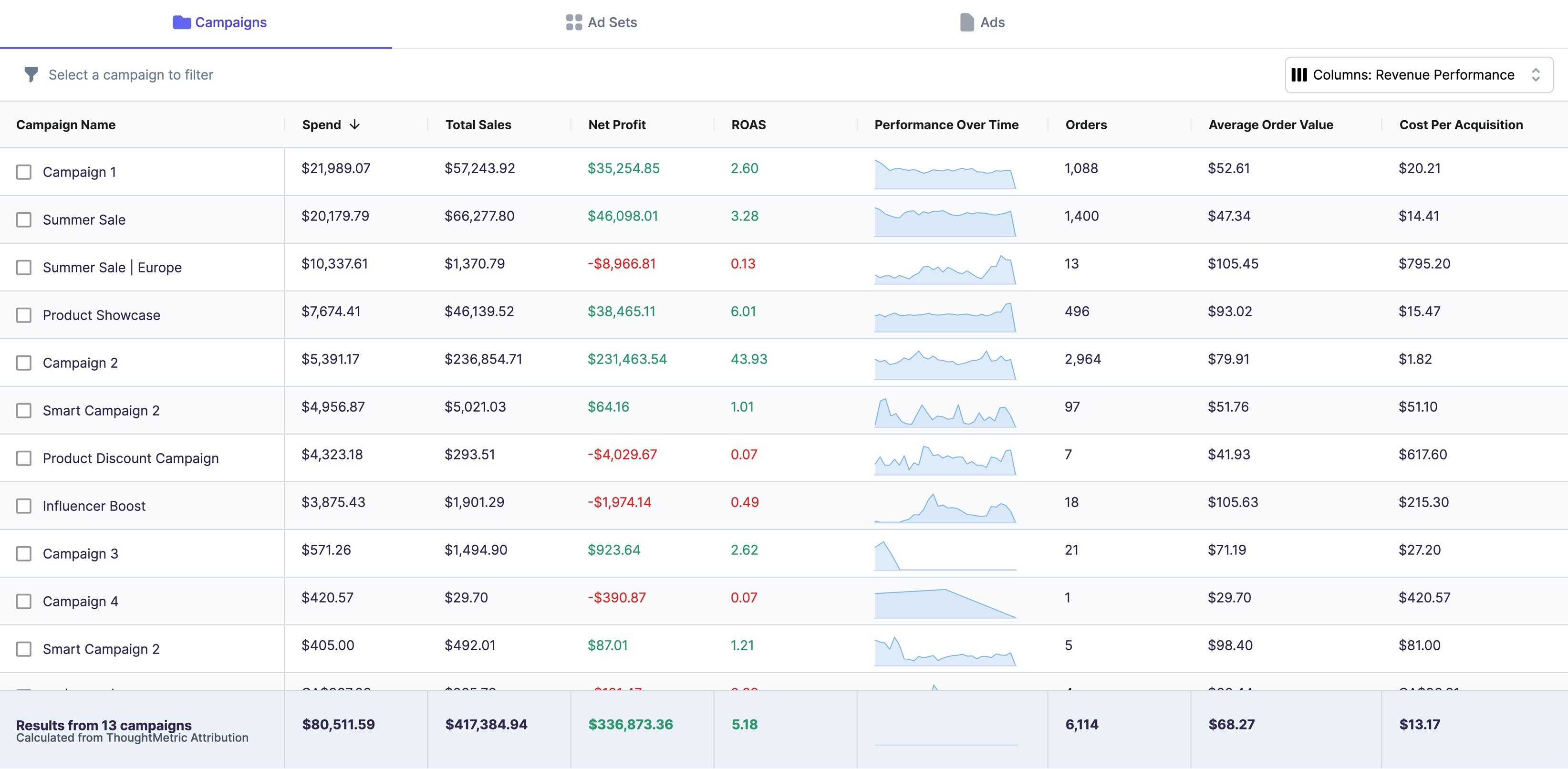Are you looking for ways to optimize your Facebook Ads performance? Do you know how to calculate your Cost Per Acquisition (CPA) in Facebook Ads Manager? If not, this article will guide you through the process and help you better understand why CPA is important for your business.
Understanding Cost Per Acquisition (CPA)
Before diving into the calculation process, let's first define what CPA is and why it matters. CPA is a metric that measures the cost of acquiring a new customer or lead through your Facebook Ads. It takes into account all the costs involved in running your ads, such as ad spend, creative, and targeting expenses.
Knowing your CPA is crucial for optimizing your ad campaigns, as it allows you to identify which ads are generating the highest return on investment (ROI) and which ones need improvement. Ultimately, by optimizing your CPA, you can achieve more cost-effective ad campaigns that drive better business results.
However, it's important to note that CPA is not the only metric you should be tracking. While it's a good indicator of your ad campaign's efficiency, it doesn't tell the whole story. For example, if you have a low CPA but a low conversion rate, it may not be worth continuing that ad campaign.
What is Cost Per Acquisition (CPA)?
CPA is calculated by dividing the total cost of your ad campaign by the number of conversions or actions that it generates. This can include actions such as making a purchase, filling out a form, or downloading an app. For example, if you spent $100 on an ad campaign that resulted in 10 conversions, your CPA would be $10 per conversion ($100 / 10 conversions).
It's important to note that the definition of a conversion can vary depending on your business goals. For example, if you're an e-commerce store, a conversion may be a purchase. However, if you're a lead generation company, a conversion may be filling out a form.
Why is CPA important for your business?
As mentioned earlier, understanding your CPA is essential for improving your ad campaigns' performance. By knowing which ads are generating the lowest CPA, you can allocate more budget to them, and by identifying the ads with the highest CPA, you can optimize them to bring down the costs and improve ROI.
However, CPA can also provide insights beyond just ad campaign optimization. By analyzing your CPA over time, you can identify trends and patterns in your audience's behavior. For example, if you notice that your CPA is consistently higher on weekends, it may indicate that your audience is more engaged during the week.
In addition, tracking CPA can also help you make better decisions on your overall marketing strategy, such as determining which audience segments to target, which ad creatives and placements to use, and what kind of bidding strategy to implement. By using CPA as a guide, you can make data-driven decisions that lead to better business outcomes.
In conclusion, while CPA is just one metric in your overall marketing strategy, it's an important one to understand and track. By optimizing your CPA, you can achieve more cost-effective ad campaigns and gain valuable insights into your audience's behavior.
Setting up Facebook Ads Manager for CPA tracking
Now that you understand the importance of tracking your CPA let's walk through the steps required to set up Facebook Ads Manager for CPA tracking.
Creating a Facebook Business account
The first step in setting up Ads Manager is creating a Facebook Business account. This process is straightforward and can be done by going to
https://business.facebook.com/ and following the prompts to create a new account.
Installing Facebook Pixel on your website
Facebook Pixel is a tracking code that you install on your website to track user behavior and conversions. To set up CPA tracking, you'll need to install Facebook Pixel on all the pages of your website where conversions take place.
You can install Facebook Pixel by following these
instructions provided by Facebook.
Configuring conversion events for CPA tracking
Once you've installed Facebook Pixel, you'll need to configure conversion events that you want to track. Conversion events are specific actions that users take on your website, such as adding a product to the cart, submitting a lead form, or completing a purchase.
To set up conversion events, go to the Events Manager section of Facebook Business Manager and follow the prompts to create a new event. Make sure to select the right event type, set up the necessary parameters, and test the event to ensure that it's tracking correctly.
Calculating CPA in Facebook Ads Manager
Now that you've set up Ads Manager for CPA tracking let's walk through how to calculate your CPA for a specific ad campaign, ad set, or ad.
Accessing the Ads Manager dashboard
Open Facebook Ads Manager and select the campaign, ad set, or ad that you want to review. Once you're on that page, click on the "Columns" dropdown menu and select "Customize Columns."
Customizing columns for CPA data
In the Customizing Columns section, select "Cost per Result" as a metric to display. You can also add other relevant metrics like impressions, clicks, and conversions to get a more comprehensive view of your ad's performance.
Analyzing CPA for individual campaigns, ad sets, and ads
Once you've customized your columns, you can review the CPA data for each campaign, ad set, or ad. Look for patterns and insights in your data to identify which ads are generating the best conversion rates and which ones need improvement. Consider testing different ad creatives, placements, and targeting options to optimize your CPA.
Tips to optimize your CPA in Facebook Ads
Here are some tips that can help you improve your CPA and drive better business results:
Targeting the right audience
Ensure that your ads are targeting the right audience segments with the right messaging and value proposition. Use Facebook's Audience Insights tool to gain insights into your target audience's behavior, interests, and demographics and refine your targeting accordingly.
A/B testing ad creatives and placements
Experiment with different ad creatives, ad copies, and ad formats to see what works best for your audience and offers. Test different placements, such as Instagram, Messenger, and Audience Network, to increase the reach and effectiveness of your campaigns.
Adjusting bidding strategies for better CPA
Consider using Facebook's automated bidding options, such as Cost Cap or Lowest Cost, to optimize your CPA. These options allow Facebook to adjust your bid based on the likelihood of conversion and help you achieve your CPA target more efficiently.
Conclusion
Calculating and optimizing your Cost Per Acquisition (CPA) is essential for running cost-effective Facebook Ads campaigns that drive business results. By following the steps and tips outlined in this article, you should be able to set up CPA tracking, analyze your CPA data, and optimize your ad campaigns to achieve better ROI and conversions. Good luck!





